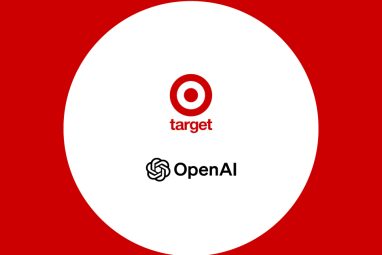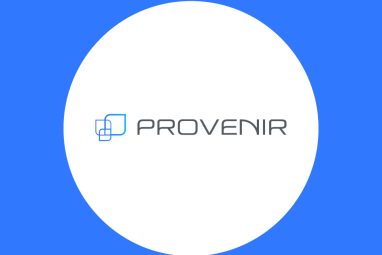Boost.ai and CallMiner Partner, Provide Omnichannel Insights to Improve CX
Boost.ai, a cloud-based provider of conversational artificial intelligence (CAI) at scale, announced a new strategic partnership with CallMiner, a provider of conversation intelligence that drives improved customer experiences and business outcomes. CallMiner empowers businesses to capture and analyse text and voice-based interactions, and paired with Boost.ai, organisations can glean valuable insights from every single customer […]
Topics

Boost.ai, a cloud-based provider of conversational artificial intelligence (CAI) at scale, announced a new strategic partnership with CallMiner, a provider of conversation intelligence that drives improved customer experiences and business outcomes.
CallMiner empowers businesses to capture and analyse text and voice-based interactions, and paired with Boost.ai, organisations can glean valuable insights from every single customer conversation, including those with virtual agents.
The partnership will lean on Boost.ai’s conversational AI and its ability to hold detailed conversations with customers. By feeding these conversations into the CallMiner platform, organisations gain the comprehensive, highly detailed data and accurate insights needed to improve customer experience. With dedicated virtual agents from Boost.ai supporting both chat and voice interactions, CallMiner expands what it can offer contact centre customers, increasing service capacity so human agents can focus on complex and personalized interactions.
According to CallMiner’s CX Landscape Report, 93 per cent of CX leaders believe the adoption of AI will become very important or even critical to how their organisations approach CX in the future, meaning the need for advanced insight into the effectiveness and potential growth of AI-based programs has never been higher. CallMiner’s advanced analytics capabilities will help refine Boost.ai’s conversational AI, allowing customer input to drive operations and increase efficiencies so customer support teams can focus on other work.
“As technology continues to improve, users continue to prioritize ease of use. Making it simple for organizations to understand the results our AI produces, without hiring an entire data science department, has always been a guiding principle of our growth and development plan,” said Mike Rogers, VP of Partnerships North America for Boost.ai. “With CallMiner and their advanced analytics, we’ve found a natural way to improve this understanding for customers. Being able to now pair the data being fed back by our AI to a larger pool of customer engagement data from other channels will greatly increase the visibility into what end-users need and where our customers are seeing big wins.”
By leveraging CallMiner, organisations can better understand why a customer’s chat or voice bot is producing specific results, and in turn, can more effectively adjust chatbot performance on an enterprise level. The integration will allow CallMiner customers to drive improvements to the overall customer experience through daily interactions in chat logs such as live agent chat, manual web chat, SMS text, and more.
CallMiner will ingest Boost.ai data to design automated conversation flows based on customer needs, and automatically improve automated self-service. These deep omnichannel insights can help guide chatbot trainers in ways Boost.ai’s already robust analytics program previously might not have been able to tap.
“In our omnichannel world, more customers are opting for self-service channels, including chatbots or virtual agents. For CallMiner, we see this as another stream of data that can deliver the insights needed to improve customer outcomes and experience,” said Scott Kendrick, VP of Strategy, CallMiner. “Boost.ai’s enterprise scalability, level of accuracy and resolution, and strong commitment to customer success made this partnership a natural fit. By bringing Boost.ai’s capabilities to CallMiner customers, we’re making it easier to increase service capacity by freeing up agents to tackle complex customer issues for more personalized service, lower costs by delivering rapid, self-service resolution to common problems, and improve human and virtual agent performance by understanding and evaluating every interaction.”









































































































